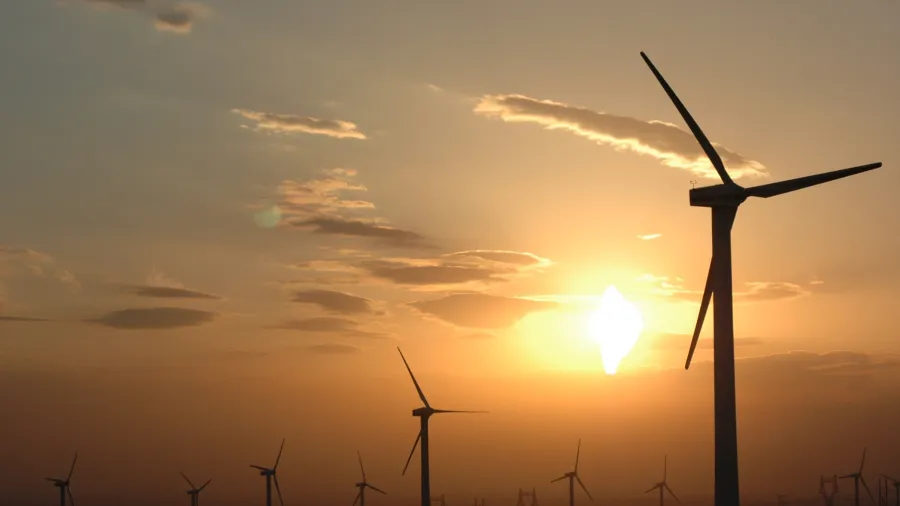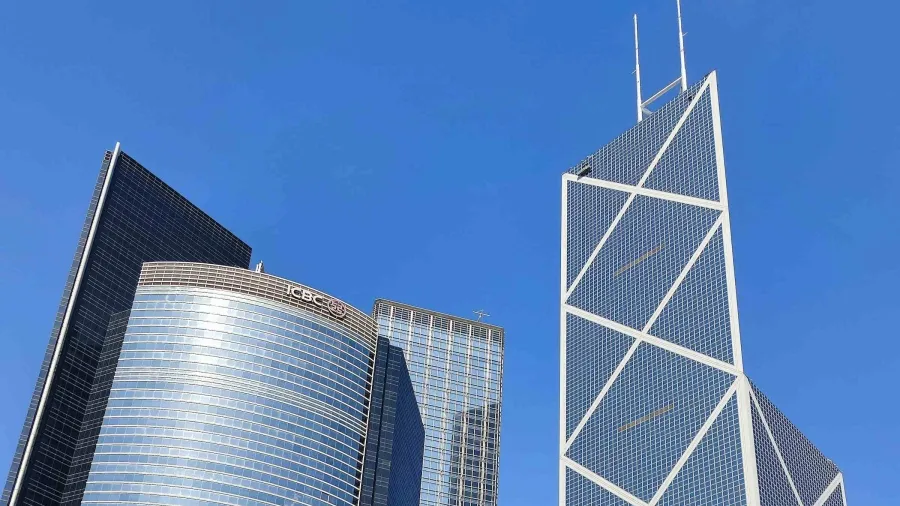
Financial institutions key for energy investments, B&R Initiative to go green: PwC
Decisions on green finance now will lock in emissions trajectories for decades.
Financial institutions have a vital role in guiding investment flows from brown to green activities and facilitating low-carbon transition, according to a new report by PwC released at the World Economic Forum (WEF).
“To capitalise on the increasing global appetite for green assets, the financial sector will play a vital role in channelling investment flows towards green energy and transportation projects,” said Raymund Chao, Asia Pacific chairman, China chairman and CEO, PwC.
Banks, insurers, asset owners, and asset managers are reportedly coalescing around frameworks such as the recommendations of the Task Force on Climate-related Financial Disclosures to measure, manage, and disclose their climate risks, PwC said in its report “Advancing the Green Development of the Belt and Road Initiative: Harnessing Finance and Technology to Scale Up Low-Carbon Infrastructure.”
Financial institutions have also set targets to reduce their exposure to carbon-intensive sectors and increase green financing activities. This is often done in collaboration with initiatives such as the Green Investment Principles (GIP) under the Belt and Road Initiative, and the Glasgow Financial Alliance for Net Zero, to name a few, the report said.
Making decisions on green finance is important as it will lock in emissions trajectories for decades, and could reportedly make or break the world’s abilities to achieve the Paris Agreement objective and limit rising global temperatures, the report said.
Amongst markets, emerging and developing economies are notedly facing the most challenges as they grapple with having to implement green energy initiatives whilst meeting the rising demand for energy and mobility as they grow, industrialise, and urbanise.
“Green finance mechanisms have grown rapidly over the past decade but remain at a nascent stage. The multilateral public-private collaboration will be needed to overcome substantial risk premiums that hinder the mobilisation of private sector funding in developing economies,” PwC noted, further highlighting the role that banks and financial firms play.
In the report, PwC particularly highlighted low-carbon technologies, such as solar and wind power, battery storage and electric vehicles, as technologically feasible and commercially viable.
In China, a surge of Belt and Road Initiative projects that deploy these technologies would help the country meet its pledge to support developing green and low-carbon energy.
“By accelerating the buildout of low-carbon infrastructure, the Belt and Road Initiative can play a leading role in decoupling economic development from emissions growth for emerging and developing economies,” added Chao.



















 Advertise
Advertise










